Andy K (10823 KP) rated Upgrade (2018) in Movies
Aug 16, 2019
Maybe a sci-fi/horror version of "The Six Million Dollar Man" is more appropriate.
In the future, a man and his wife have a car accident. Afterwards the woman is murdered and the man is shot leaving him paralyzed. Rather than living life with a severe handicap, the man decides to undergo an experimental medical procedure which would give him augmented abilities through the implantation of a mysterious computer chip which would control his ability to walk and use his arms.
Once he is back to "normal" he feels compelled to investigate the circumstances of his wife's death and hunt down those responsible. His ability start to manifest themselves once he is interacting with his new friend STEM.
His quest for vengeance and justice leads him through some interesting twists and turns before its unexpected conclusion.
This films pulls no punches (literally) and some of the fight scenes are not only well choreographed, but downright vicious and gory. The inaction between the main character and his mind are cool and unexpected. Even though you feel like you have seen this before in other movies, this one takes a fresh spin and keeps you guessing the majority of the time.
It appears writer/director Leigh Whannell (who also wrote the original Saw) is headed for great things probably because of this film as IMDb lists remakes of The Invisible Man and Escape From New York as his next projects.

autoTRADER.ca - Auto Trader
Shopping and Lifestyle
App
autoTRADER.ca - Where Canadians click with cars - is now available on your iOS device! The...
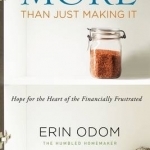
More Than Just Making it: Hope for the Heart of the Financially Frustrated
Book
When you're trapped in a cycle of financial frustration, and you feel like you've tried everything...
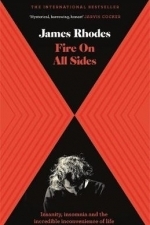
Fire on All Sides
Book
'HYSTERICAL, HARROWING, HONEST... I REALLY LOVED THIS BOOK' JARVIS COCKER For many of us who suffer...

RHS Small Garden Handbook: Making the Most of Your Outdoor Space
Andrew Wilson and Royal Horticultural Society
Book
'RHS Small Garden Handbook...show[s] the process of planning, planting and maintaining an outdoor...
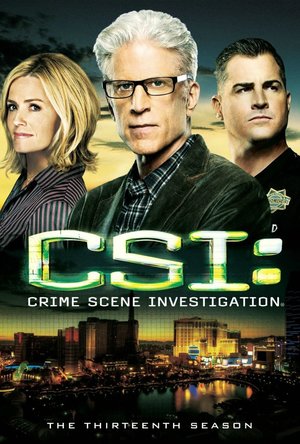
CSI: Crime Scene Investigation - Season 13
TV Season
D.B. and Finn hunt for missing Kaitlyn, while Sara convinces Nick to return to the Las Vegas Crime...
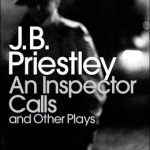
An Inspector Calls: and Other Plays
Book
Previously published as Time and the Conways and Other Plays, J.B. Priestley's An Inspector Calls...
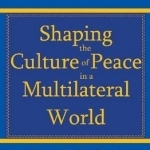
Shaping the Culture of Peace in a Multilateral World
Book
As the world faces a multitude of complexly-interwoven challenges, new values and new worldviews are...
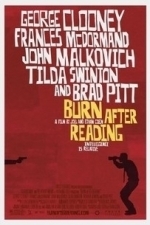
Burn After Reading (2008)
Movie Watch
Burn After Reading, a comedy thriller from Joel Coen and Ethan Coen (No Country for Old Men, Fargo,...
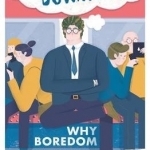
The Upside of Downtime: Why Boredom is Good
Book
Are we living in an age where we are more boredom-prone? Or are other people boring us? Or could we...
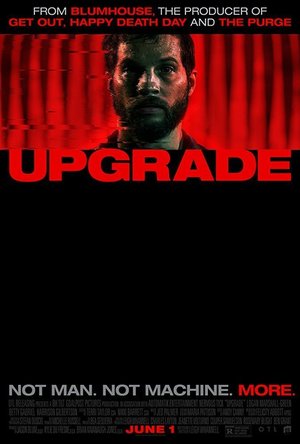
Eleanor (1463 KP) Aug 16, 2019